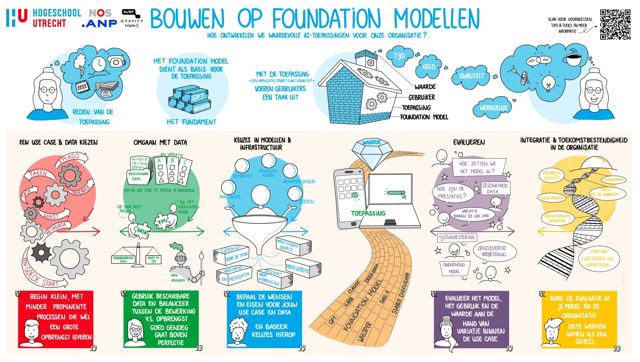May 19, 2025
Chinese Navy deploys AI in warship degaussing operation
The Chinese Navy has deployed artificial intelligence (AI) for the first time in a warship degaussing operation, improving operational efficiency by 60 percent, according to the Global Times.
The Chinese Navy has recently conducted a vessel degaussing operation using artificial intelligence (AI) for the first time, significantly improving operational efficiency, according to the Global Times.
Degaussing is a process that reduces a ship's magnetic signature, making it less detectable by enemy weapons such as magnetic sea mines. Regular degaussing is essential because ships gradually become magnetized due to the Earth's magnetic field and their machinery operations.
The exercise, conducted by a base under the PLA Northern Theater Command, saw an emergency support unit rapidly deploy with equipment such as magnetic detectors, positioning devices, and degaussing wires. The exercise simulated an emergency involving a "damaged warship," specifically a Type 054A guided-missile frigate, which is widely used in the Chinese Navy.
The use of AI in this operation increased efficiency by 60 percent. According to Song Zhongping, a Chinese military affairs expert, AI can optimize the degaussing process by identifying optimal algorithms and verifying outcomes.
In addition to deploying AI, the exercise also involved new recruits with an average age of under 23. Twelve recruits were assigned to the emergency support unit to train in high-risk scenarios. This reflects a shift towards a new training model where recruits are directly integrated into operational roles, said Sun Hui, a senior officer at the naval base.
Read the full article on the Global Times website: Global Times.
Vergelijkbaar >
Similar news items

May 29
Building responsibly on foundation models: practical guide by Utrecht University of Applied Sciences and RAAIT
read more >

May 29
SER: Put people first in the implementation of AI at work
read more >

May 27
🌞 Open Space: AI meets Science Communication – will you take the stage?
read more >